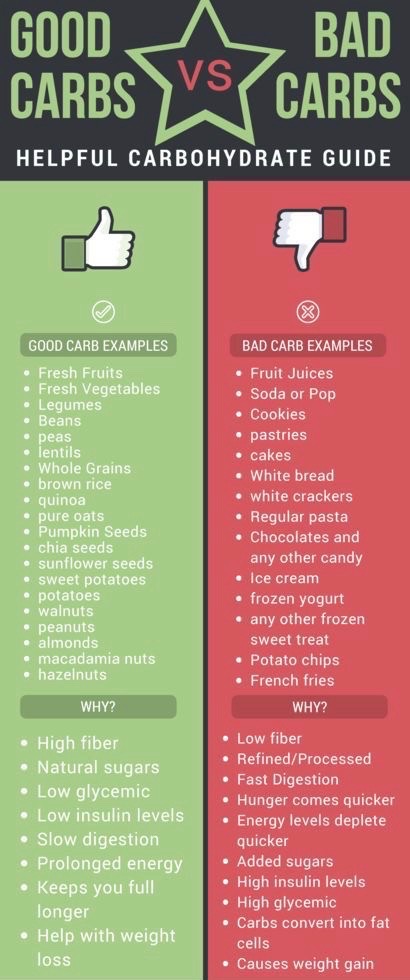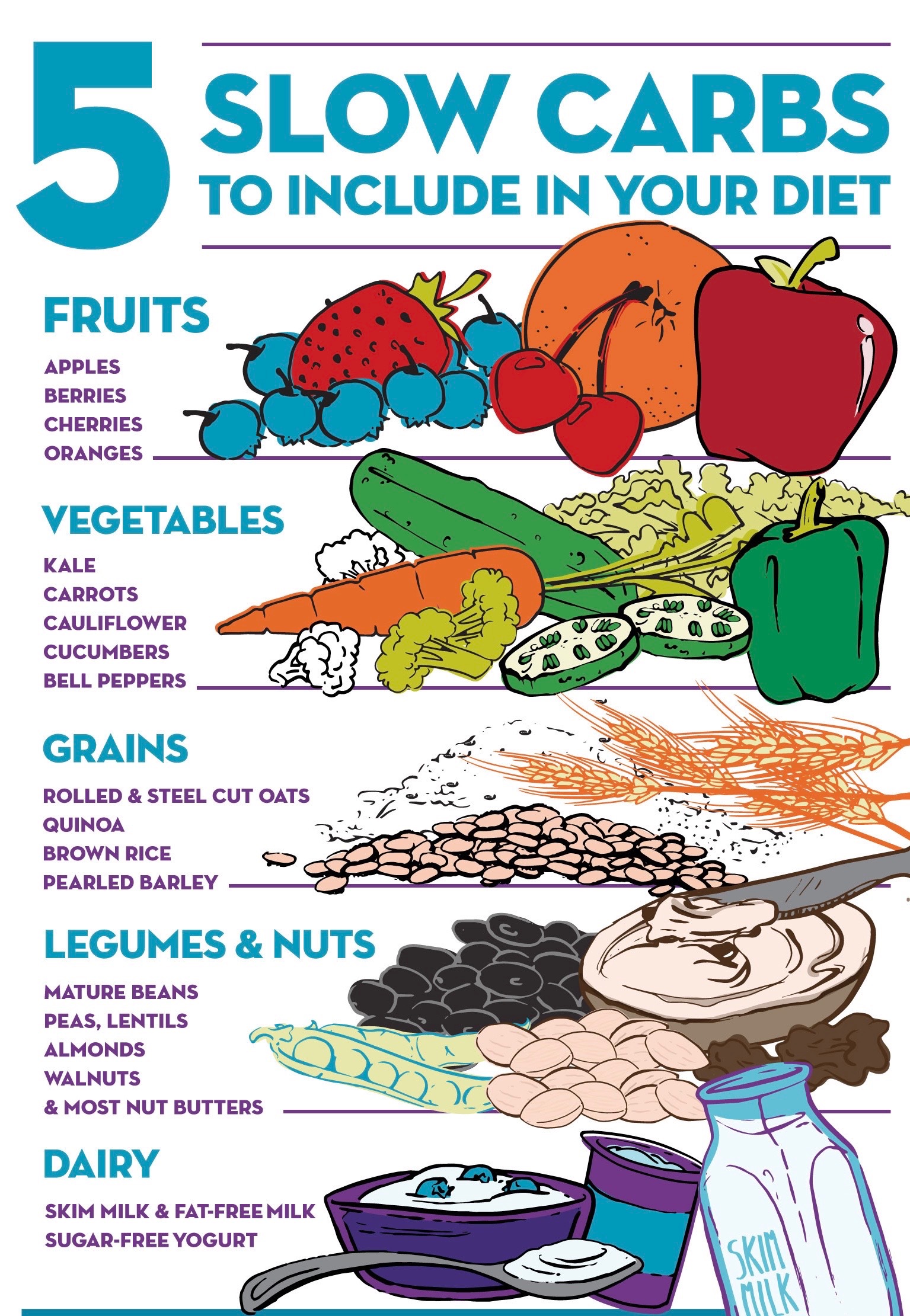
Carbs have gotten a bad rap since people lost weight eating lots of protein on the Atkins Diet. Today, the focus is on the balance of healthy eating and the adverse effects of carbs on the body.
Proper nutrition is essential to providing all the vital nutrients for good health and disease prevention. These nutrients include carbohydrates, protein, fats, vitamins, minerals, and water.
No matter what you do daily, it helps if you have carbohydrates as fuel for daily activities such as walking, reading, cooking, or gardening. So what is a carb, and why is it so important to us?
Carbohydrates or carbs are the body’s primary energy source and the main fuel for working muscles. Carbs get broken down during digestion into glucose, which is used immediately for energy.
The carbs not used for energy get stored as glycogen in the muscle and liver, or there is a conversion to fat with continued consumption of excess calories. The more the muscle glycogen stored means, the more fuel you have to power your activity.

Even though they’re delicious, carb-heavy favorites like bread, pasta, cereal, and rice are often the villains contributing to the staggering statistics and growing rates of heart disease, obesity, and insulin resistance.

Not all carbs are a dietary evil. The Dietary Guidelines for Americans recommend that carbohydrates make up 45 to 65% of total daily calories, based on a 2,000-calorie diet that’s 225 to 325 grams of carbs per day.
Regardless of age, activity level, and individual metabolism, everyone should aim to consume healthy, slow-digesting carbs—like 100% whole wheat bread, steel-cut oats, beans, lentils, and whole fruits and vegetables.
It would help to avoid fast-digesting carbs such as sugary drinks, white bread, white rice, and processed snacks. So, no more Little Debbie and Tastykake.
It’s worth noting again that fast carbs also promote insulin resistance, meaning the body can no longer regulate blood glucose. Insulin is a hormone the body produces to move glucose into the cells, which it uses for fuel.
The biggest takeaway is that having too many fast-digested carbs at one meal or even during the day puts your blood sugar on a roller coaster ride, causing you to overeat, gain weight, and eventually become ill.
The bottom line is that if you feel sluggish or tired after a meal, it may be that you consumed too many carbohydrates.
As always, thank you for reading. To help stop the spread, please follow the CDC guidelines and wear a mask. Also, keep your social distance.






